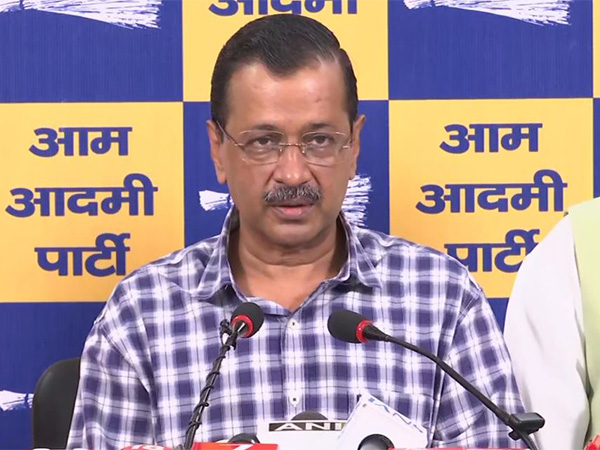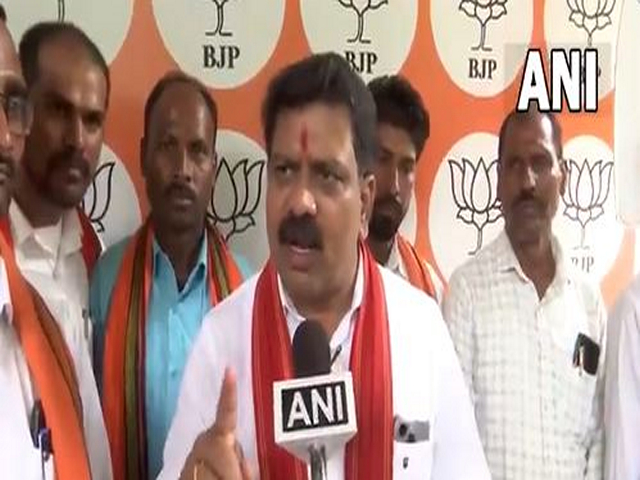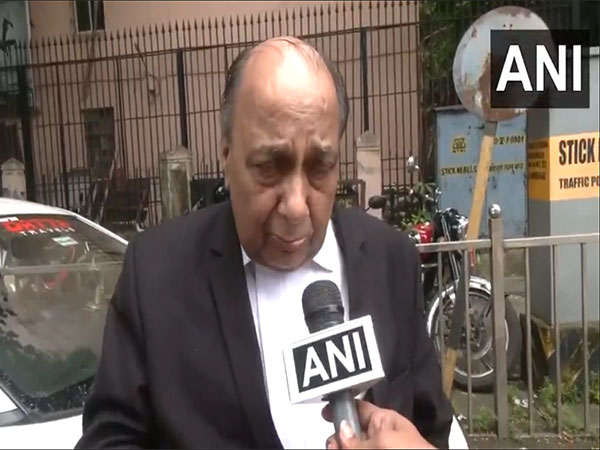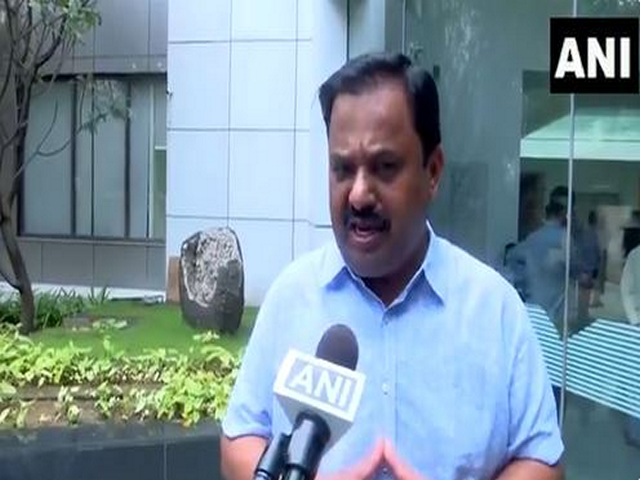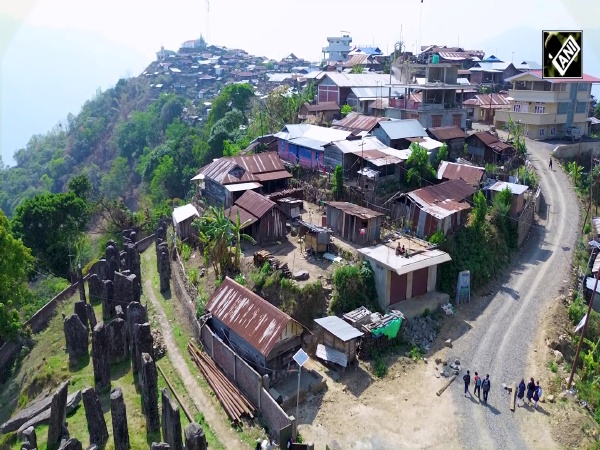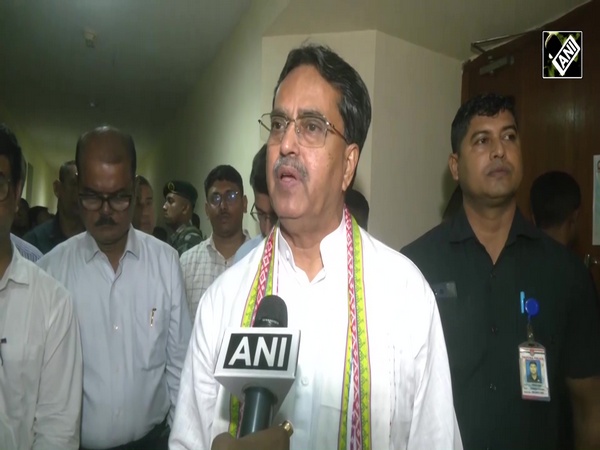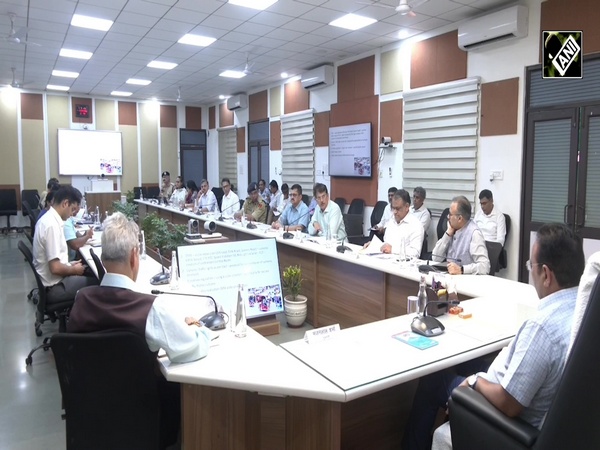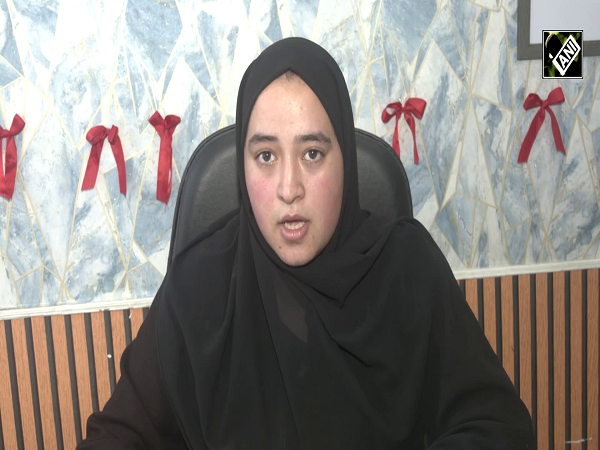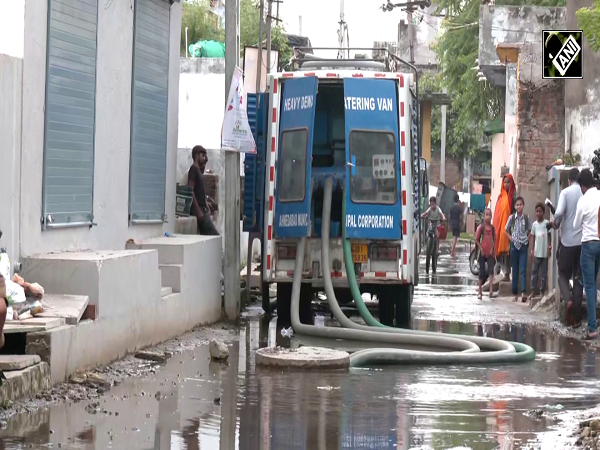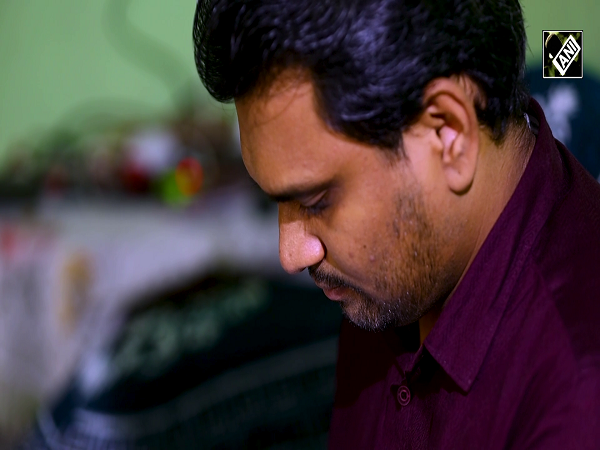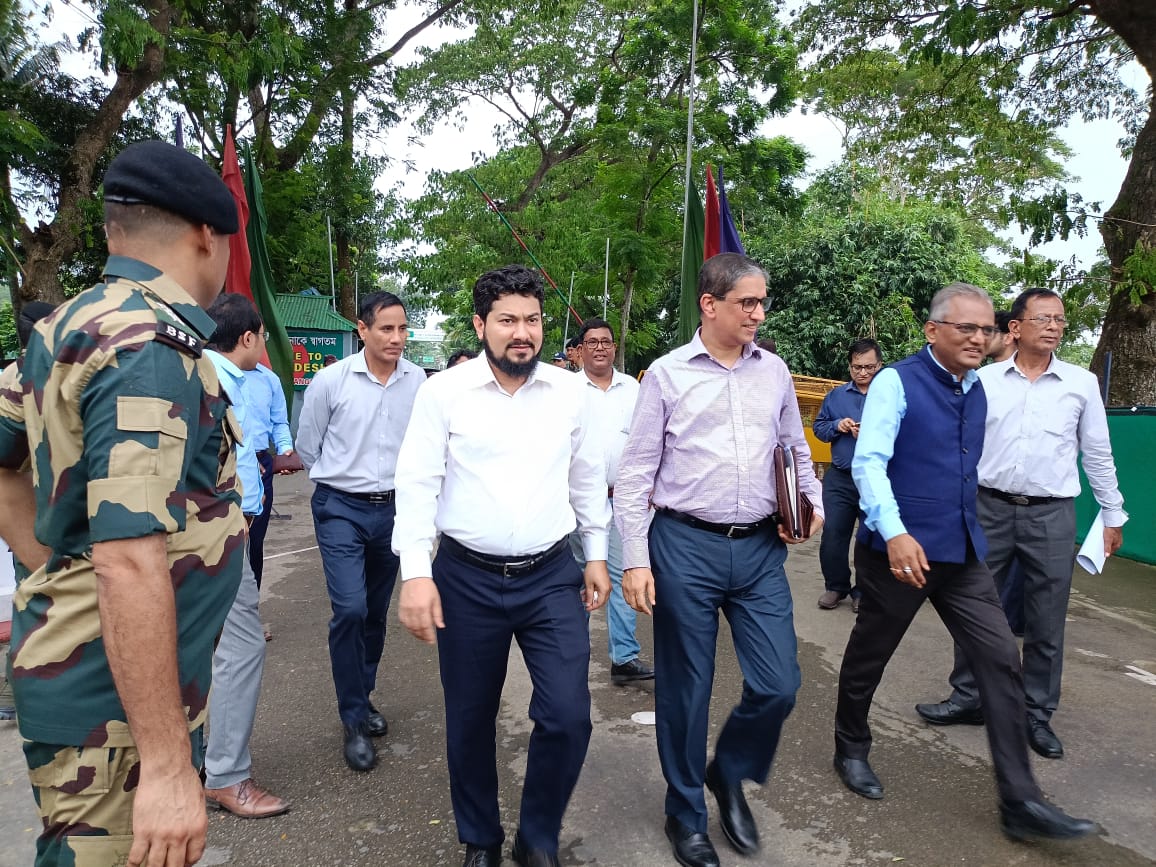
CPI(M) MP Brittas urges Union Education Minister to reconsider exclusion of Mahl and Arabic from Lakshadweep curriculum
Jun 19, 2025
New Delhi [India], June 19 : Communist Party of India (Marxist) Rajya Sabha MP John Brittas has written a letter to Union Education Minister Dharmendra Pradhan to expressing strong objection to the exclusion of Mahl and Arabic under the Three-Language Formula being implemented in Lakshadweep under the National Education Policy (NEP) 2020.
In his letter to Pradhan, Brittas criticised the implementation of NEP 2020, calling it a "homogenised and centralised framework" that disregards India's linguistic and cultural diversity.
"NEP 2020 pushes a homogenised, centralised framework onto a country celebrated for its linguistic and cultural diversity. This approach appears not just disconnected, but disturbingly colonial in spirit. An education system in a diverse democracy like ours cannot be governed by a one- size-fits-all policy driven by ideological or homogenising impulses," he wrote in the letter.
He stated that the removal of Mahl--a mother tongue of the Minicoy community--and Arabic, which holds religious and occupational significance in the region, amounts to cultural erasure and undermines minority rights.
CPI(M) Upper House MP from Kerala also welcomed the interim stay issued by the Kerala High Court on the exclusion of these languages.
"It is a matter of some relief that the Hon'ble Kerala High Court has issued an interim stay on the exclusion of Mahl and Arabic from Lakshadweep schools," he said.
He also called for the nationwide implementation of NEP 2020 to be put on hold until proper consultations are held with all relevant stakeholders, including state governments, students, teachers, and elected representatives.
"I urge your good self not only to give directions to the authorities concerned to reconsider the exclusion of Mahl and Arabic from the curriculum in Lakshadweep, but also to put the nationwide implementation of NEP 2020 on hold until proper consultations are undertaken with all relevant stakeholders, including State Governments, students, teachers, local bodies, and elected representatives," he said.
Brittas emphasised that any curricular or linguistic restructuring must be democratic, inclusive, and rooted in the lived realities of the people, in keeping with the federal and pluralistic spirit of the Constitution.




